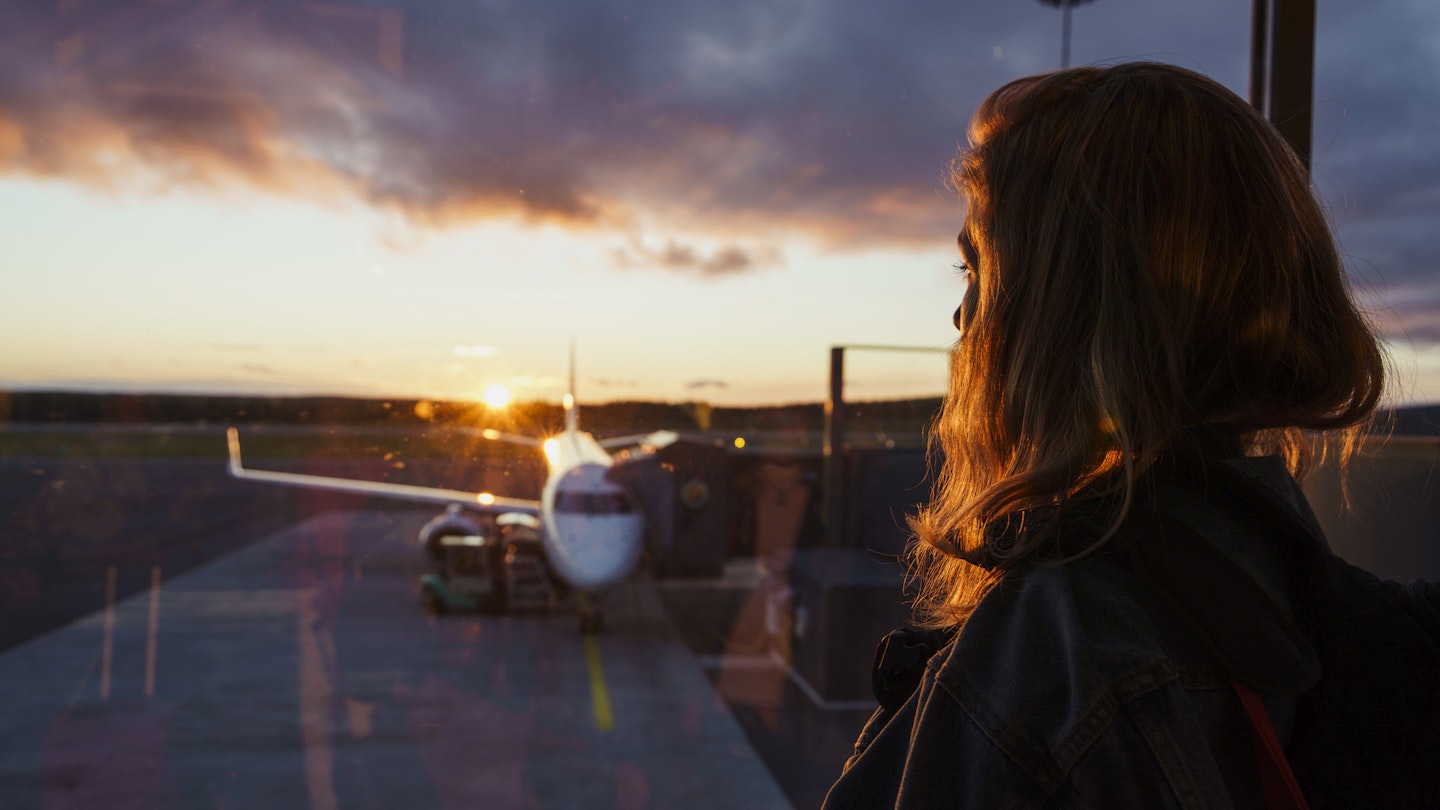Overcoming the Fear of Flying: Expert Tips and Personal Strategies
A fear of flying isn’t uncommon; however, for some, it can turn travel into a stressful experience or even prevent them from embarking on their dream adventures. We’ve gathered insightful advice from various experts and seasoned travelers to help manage anxiety before and during a flight.
Advice from a Psychologist
Les Posen, a clinical psychologist based in Melbourne, specializes in helping individuals with a fear of flying. He has worked with a diverse range of patients, from teenagers to CEOs, over the past 25 years.
‘The anxiety associated with flying often stems from an overestimation of danger and an underestimation of one’s capacity to cope with challenges,’ Posen notes. Notably, he observes that this fear tends to affect two main groups: women aged 32 to 38 with children, and individuals who heavily rely on their intellect without acknowledging their emotional state.
To manage anxiety, Posen recommends understanding the biology of anxiety, which involves recognizing physiological signs such as increased heart rate and sweating. He emphasizes the importance of managing fear responses rather than aiming for calmness, stating: ‘Focus on knowing that you can handle whatever comes your way.’
One effective technique he advises is focused breathing, which can facilitate self-management and foster a sense of control during flights. Understanding how airplanes function and what to expect during different phases of a flight can also significantly alleviate anxiety. Posen encourages research into aviation and considers enrolling in ‘fear of flying’ courses.
Insider Knowledge from a Flight Attendant
Cassandra Crossley, a flight attendant for Qantas, also believes that knowledge about how planes operate reduces anxiety for nervous flyers. She clarifies common misconceptions around turbulence, explaining that it is a normal occurrence and poses no actual danger to the aircraft’s stability.
‘Though turbulence can be uncomfortable, pilots are trained to manage it effectively. Wearing your seatbelt is essential for safety during these bumpy moments,’ Crossley advises.
In addition to serving passengers, flight attendants prioritize safety onboard. They encourage anxious passengers to reach out for support, as cabin crew possess extensive experience and can recommend exercises or strategies to deal with stress in-flight.
Tips from an Anxious Flyer Who Has Faced Her Fears
Agapi Markogiannakis, an associate at a consultancy focusing on leadership and positive psychology, faced her own fear of flying after becoming a mother. To manage her anxiety, she employs a variety of techniques, blending enjoyable activities with mindfulness practices.
‘Watching movies and listening to music help distract me from my anxiety on flights. I also plan my onboard activities—bringing snacks, magazines, and a movie queue—which gives me a sense of control and preparation during the journey,’ she shares.
Moreover, Markogiannakis focuses on mindfulness techniques such as meditation during takeoff and turbulence, helps her to stay grounded. She emphasizes the importance of curiosity and labelling emotions to combat anxiety, believing that recognizing feelings like anxiety can diminish their power.
‘Ultimately, my desire to travel has become greater than my fear of flying. I refuse to let anxiety dictate my adventures,’ she asserts.
Final Thoughts
Managing a fear of flying is attainable through practical strategies and insightful advice from experts. Whether you explore breathing techniques, seek knowledge about aviation, or engage with supportive flight crews and fellow travelers, you can significantly enhance your flying experience.




